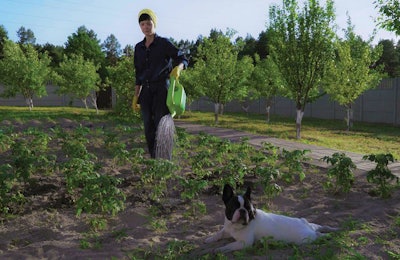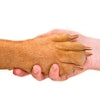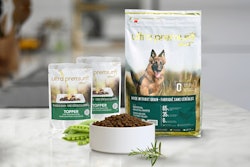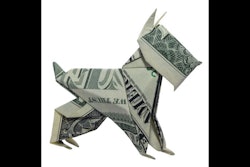
Dog, cat and other pet owners may consider environmental and social repercussions more when making purchases, compared to other shoppers. Likewise, pet owners in Europe and North America seem to focus on the ethical claims made by pet food brands more than other regions. In the Euromonitor International report “Pet Care Post-COVID Trends in Europe,” analysts examined consumer demands for marketing claims about animal welfare, ecological effects and other aspects of sustainability.
Euromonitor analysts ranked 10 countries worldwide by the percentage making ethical claims in their marketing or packaging. Seven of the 10 countries were European. Two were North American: the United States and Mexico.
Percentage of all online pet SKUs making ethical claims
- France: 7.5%
- US: 6.9%
- New Zealand: 6.8%
- Switzerland: 6.8%
- Ireland: 6.4%
- Netherlands: 5.8%
- Belgium: 5.1%
- Sweden: 4.4%
- Mexico: 4.4%
- UK: 4.4%
Four divisions of pet food ethical claims
Euromonitor analysts considered four categories of ethical claim: animal welfare, environmentally friendly, sustainable packaging and sustainable sourcing. Animal welfare included livestock husbandry practices such as free-range chickens. Environmentally friendly practices involved avoiding the use of pesticides, such as neonicotinoids. Compostable, recyclable and reusable containers are another aspect. The rest of the supply chain was involved in the fourth category, as the source of ingredients and other materials comes into consideration.
Comparing industry leaders and smaller upstarts
By comparing a small independent pet food company to the two largest globally, Euromonitor analysts drew attention to how scale influences a pet food company’s ability to adapt to sustainability demands. A small Belgian pet food company, Edgard and Cooper, had a much higher percentage of its products with ethical claims (approximately 80%) compared to Nestle Purina PetCare or Mars Petcare, with less than 5% each. Likewise, Edgard and Cooper made earlier goals to achieve net zero emissions and establish ethical sources, aiming to meet the goals years to decades earlier.
Although only a tiny portion of the global pet food market, Edgard and Cooper and similar small pet food companies may be able to adapt entire lines to consumer demands for sustainable products faster than the world’s largest pet food companies by annual revenue.
















